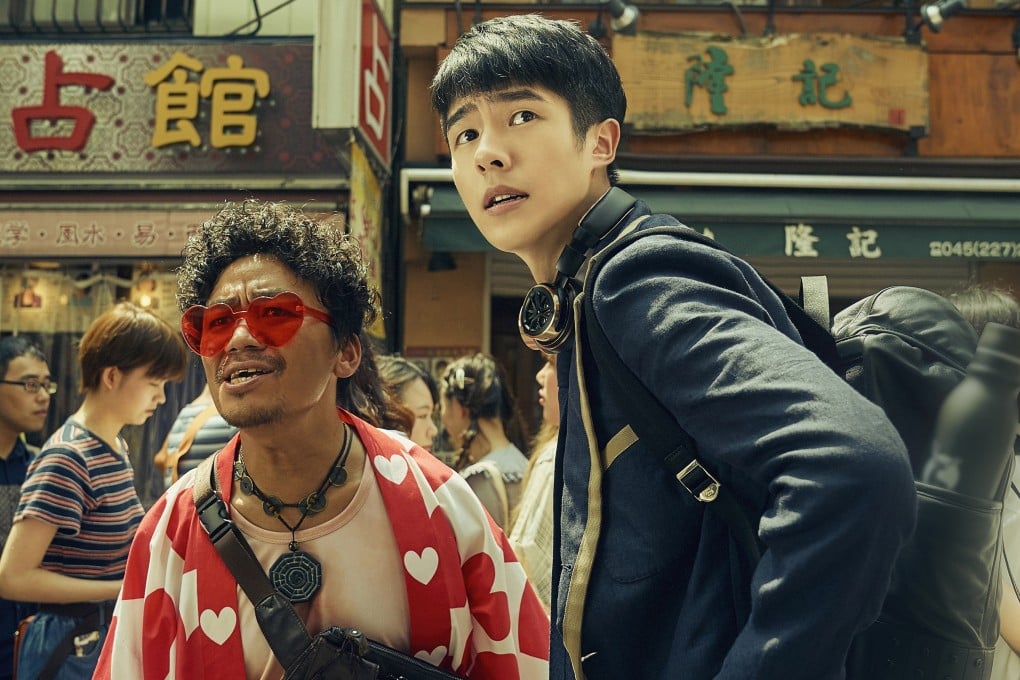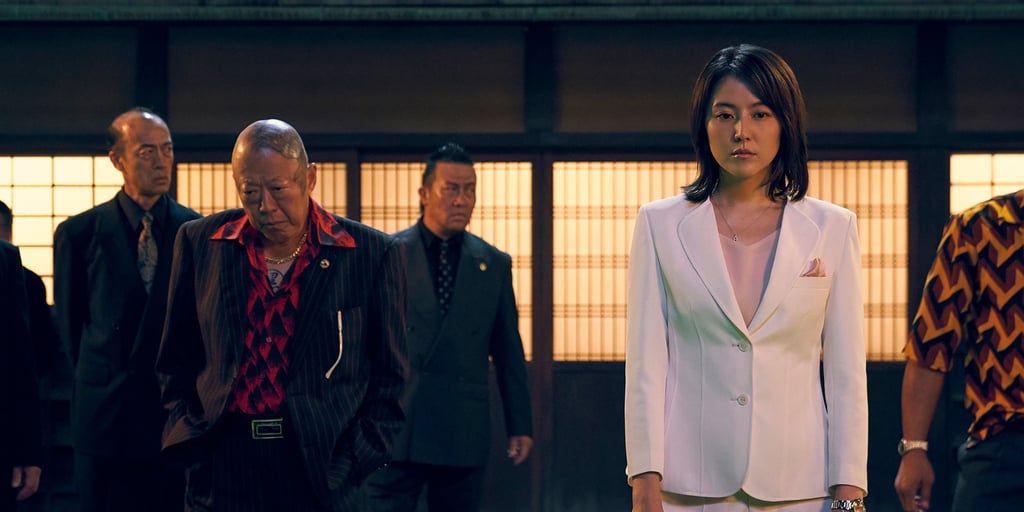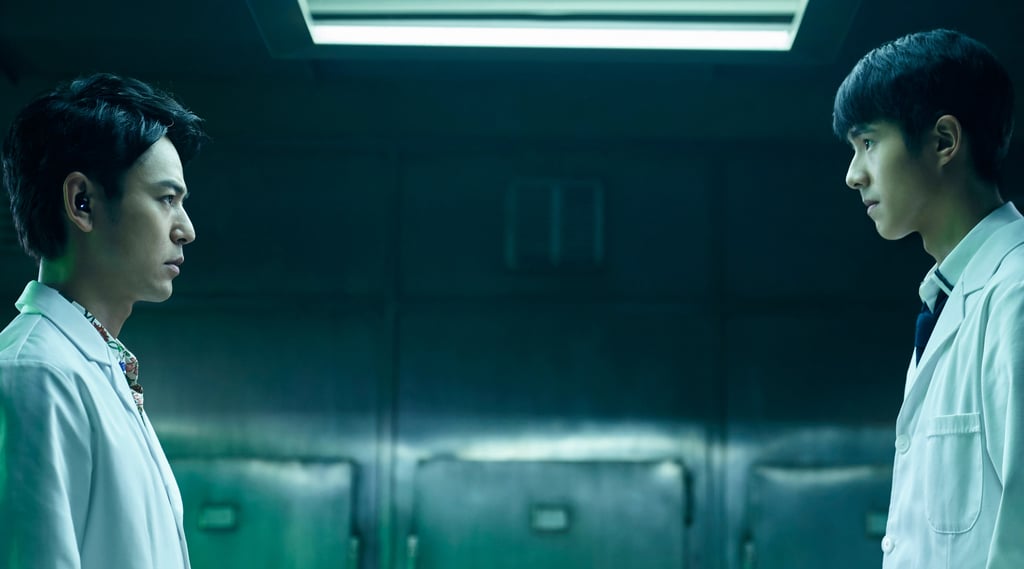Review | Detective Chinatown 3 movie review: third time’s a charm for Chinese blockbuster series
- The third outing of the franchise is a definite improvement over the previous films, with slick production and breezy action
- Set in Tokyo and starring Wang Baoqiang and Liu Haoran, it tells the story of mismatched detectives investigating a yakuza murder

3/5 stars
Satoshi Tsumabuki reprises his role of Hiroshi from the second film, who now plays host to Wang Baoqiang and Liu Haoran’s crime-fighting nomads, and is joined by compatriots Masami Nagasawa, Tadanobu Asano and Tomokazu Miura.
Yakuza boss Watanabe (Miura) is charged with murdering the local representative of a powerful Southeast Asian crime syndicate. Despite being the only other person in the room at the time, he pleads innocent and invites the legendary Tang Ren (Wang) and Qin Feng (Liu) to clear his name. Also on the case are local detective Tanaka (Asano) and Bangkok’s toughest cop, played by Thai action star Tony Jaa, as well as the dead man’s secretary, Kobayashi (Nagasawa) and gangland forces from both sides.
Suspecting foul play, Qin Feng must crack the case before the local authorities can convict Watanabe, or the buffoonish Tang Ren gets them both killed, but clues soon point, once again, to the elusive criminal mastermind known only as “Q”.
Chen’s franchise of high-energy action adventures are built around the mismatched coupling of Wang’s hapless expat cop and Liu’s introverted master sleuth. The first film was heavily influenced by recent big and small screen incarnations of “world’s greatest detective” Sherlock Holmes, transplanted to exotic overseas locales.

The spanner in the works, off and on screen, is the incessant screeching idiocy of Tang Ren, and the series has always worked best when he is off-screen and out of earshot. This time around, Chen has finally cracked the formula, giving Wang just enough screen time to appease his domestic fan base, without infuriating those less welcoming of his relentless sexist, homophobic, scatological rantings.
While a relatively low bar, artistically speaking, Detective Chinatown 3 may be considered the best entry in the series to-date. Unlike its risible US-set predecessor, the Tokyo setting is embraced with warmth, affection and respect. The production is slick, the action breezy, and the overarching message is, thankfully, one of healing, reconciliation and unity.
The denouement is somewhat convoluted, but even that is in keeping with the detective genre, while the now-compulsory epilogue suggests yet another game is afoot.

Want more articles like this? Follow SCMP Film on Facebook